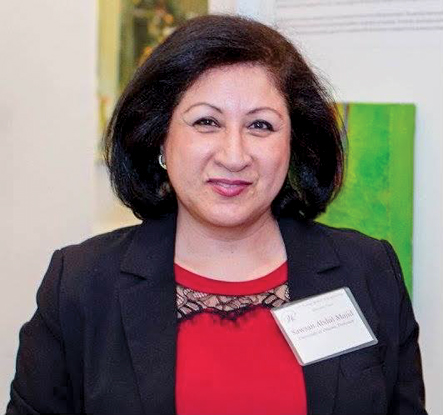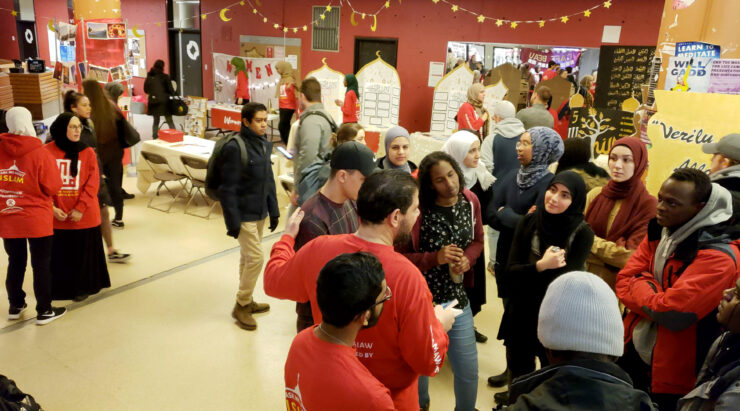Training, job placements all part of three-phase program for refugee women
Now that Syrian refugees have made Ottawa their home for close to a year, many of them, especially women, are looking to transition into the workforce.
Dr. Sawsan Abdul-Majid, a part-time engineering professor and a research associate and group manager at the Photonics Technology Laboratory (PTlab) at the University of Ottawa, is doing her best to make that transition happen.
In July 2016, Abdul-Majid launched the Advancing New Canadian Women in Technology (ANCWT) program as a pilot project. Despite starting just two months ago, ANCWT has already garnered some success with finding work placements for refugee women.
“The program is progressing very well,” said Abdul-Majid. “So far, three candidates have been placed in Ottawa, and the efforts are continuing to attract the attention of the employers to welcome other students, especially engineers.”
Overall, the program is separated into three phases—training, matching, and job placement.
The first phase involved interviewing the candidates on skills such as computer and business skills. Successful candidates were then trained on job readiness for four weeks at the U of O.
The second phase of the project matched the candidates with companies, with these placements overseen by an ANCWT placement officer.
Finally, trainees were either placed for three months at an Ottawa-based company, or they could start their own business.
In an interview with the Fulcrum, Abdul-Majid said, “I am a big believer of the important role that women can play in developed countries, such as Canada. Helping them to find jobs in Canada will benefit them as well as the city that they live in—in our case, Ottawa.”
Abdul-Majid believes that her program will benefit refugee women who were educated in their home countries, but had to abandon their careers once they were forced to flee.
“Once the woman refugee will be trained via my program, she will be placed for co-op for three months in an Ottawa-based company, to gain first Canadian work experience. This by itself will create a new lifestyle for the woman refugee—income, a happy life, social interaction.”
According to Abdul-Majid, some of the challenges facing the women applying to this program are the responsibilities of a family and a home, and more specifically, childcare. To combat this issue, Abdul-Majid is working to secure a daycare option for women with young children.
“That is one reason for a need of grants, which will definitely help cover some of the program expenses. The pilot project was built completely on volunteer bases,” Abdul-Majid noted.
Many of these women also faced minor setbacks due to a lack of co-op placement officers, said Abdul-Majid, who hopes to employ officers who are dedicated to the women in the second-phase of the program.
“We need to promote the program in order to attract the support of the employers, where they will agree to hire the students.”
Abdul-Majid plans to expand her program across the province, and eventually across Canada.
“I believe strongly that the upcoming runs of the program will achieve better success. I would like to expand the program to include other newcomers to Ottawa, not limited only to refugees.”





